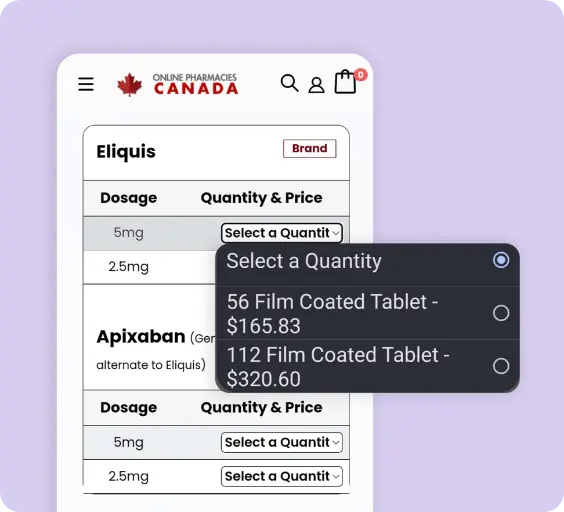Valcyte is available in the form of tablets, which should be taken by mouth with food, usually 1 to 2 times a day or as directed by a healthcare provider. Swallow the tablets whole and do not crush or break them. Wash your hands well after handling the tablets and avoid contact with broken or crushed tablets as well as breathing in the dust from the tablets. If contact should occur, wash the affected area thoroughly with soap and water.
The dosage and length of treatment with Valcyte will depend on a patient’s medical condition, particularly kidney function, with children’s dosages based on their body size. The typical dose is to take 900 mg by mouth twice daily for 3 weeks. After that, your provider will typically lower your dose to 900 mg by mouth once daily. A healthcare provider will monitor the patient’s height and weight to ensure the dosage is appropriate.
To get the best results, Valcyte should be taken at evenly spaced intervals. Patients should take it at the same time(s) each day to help them remember. Continue taking Valcyte exactly as prescribed by a healthcare provider and do not change the dose or stop taking it even for a brief time unless directed to do so. Changing or skipping the dose without approval from a healthcare provider may increase the risk of side effects or worsen the infection.

 Prescription Required
Prescription Required
 Formulation: Tablet
Formulation: Tablet
 Prescription Required
Prescription Required
 Formulation: Tablet
Formulation: Tablet






















REVIEWS